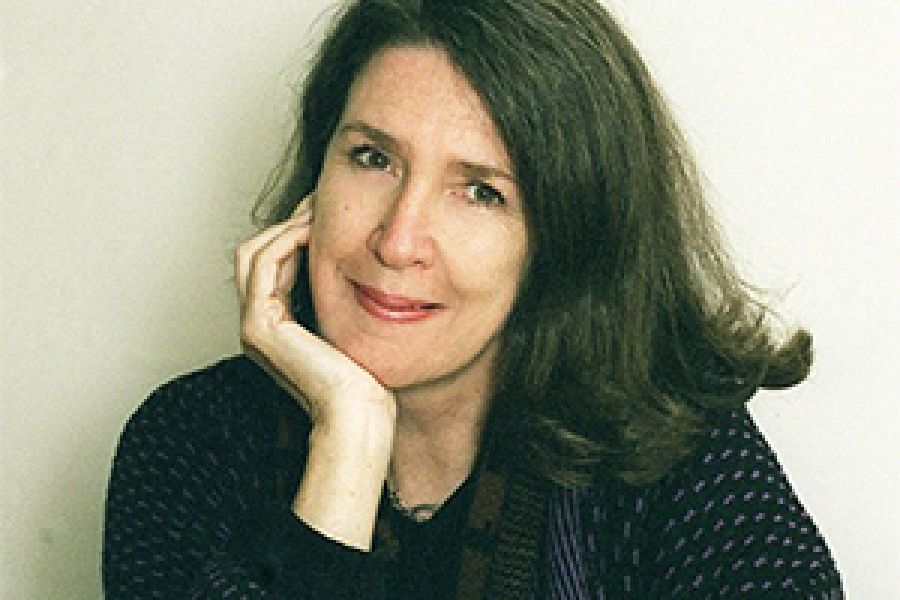
- Free Article: No
- Contents Category: Critic of the Month
- Custom Article Title: Morag Fraser is Critic of the Month
- Review Article: No
- Online Only: No
- Custom Highlight Text:
Ones who write memorably, whose language combines critical acuity with verve. I could name many, but Robert Hughes, Peter Porter, Kerryn Goldsworthy, and Brian Matthews are four Australians critics I read and reread, and from whom I have learned much, even when I’ve disagreed with, or been provoked by, them.
Do you accept most books on offer, or do you prefer to be selective?
I am much more selective now than I was when I first began writing reviews thirty years ago, for all the obvious reasons. What remains true is that I accept books that pique my interest, expand my understanding of the world and the creatures in it, and about which I believe I can write responsibly.
Do reviewers receive enough feedback from editors and/or readers?
Hard question for a former editor to answer. What I can say is that I am profoundly grateful to the editors – professionals all of them – with whom I have worked. They have saved me from egregious error but have never once messed with my prose. Can’t ask for more. As to feedback from readers: I cherish some emails/letters/notes from writers who have told me I’ve done them justice. It’s a presumptuous thing to do, to anatomise someone else’s work, so to have a writer brave enough to initiate discussion of one’s criticism, and to have both of us come through smiling, is a rare joy. I remember with great fondness a conversation I once had in a Rundle Street café in Adelaide with a famous Australian writer who was clearly bent more on understanding than cutting my throat. Humbling, and gratifying.
What do you think of negative reviews?
Necessary, for the sake of the culture. We live with bombast, hypocrisy, lies, and literary afflatus, to which informed criticism can provide the necessary corrective. But it must be good and focused on what’s wrong with a work rather than what is wonderful about the reviewer. I will confess to enjoying demo jobs when they are delivered with the panache of George Bernard Shaw, or Pauline Kael when, for example, she took aim at the American sentimentality of both film and director of Dances with Wolves with this sentence: ‘Costner has feathers in his hair and feathers in his head.’
Cautionary tale: I once wrote a very critical review which the newspaper lawyers only just let through (they were worried by the word ‘meretricious’). The novelist lived 16,800 kilometres away. But of course I found myself in a taxi with her a week later, on our way to a festival event. I think she must have been too grand to read provincial newspapers because she didn’t utter a word. Neither did I.
How do you feel about reviewing people you know?
Unavoidable in Australia, because our circles are so small. I have reviewed the work of writers with whom I am acquainted. Some have become friends, so I no longer review their work. Most of the books or works I review now are by writers, artists, or musicians I will never meet. Helps to be a bit of a loner.
What is a critic’s primary responsibility?
To be honest, fair, insightful, encouraging where appropriate, and, in D.H. Lawrence’s words, to write ‘for the race, as it were’. Frieda told Lawrence that he was driven by egotism and a desire to let everyone know how he was clever he was. But I’ve always remembered his words, and they have guided me – I hope.
Morag Fraser was editor of Eureka Street magazine from1991 to 2003, and chair of Australian Book Review from 2006 to 2013. (She first wrote for ABR in 1995.) She has been a journalist, a teacher, chair of the Melbourne Writers Festival, and adjunct professor in Humanities at La Trobe University.


Comments powered by CComment